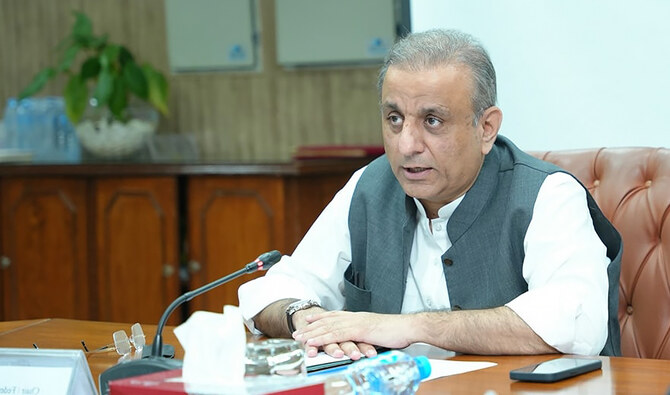Federal Minister for Communications Abdul Aleem Khan has underscored Pakistan’s pivotal geo-strategic role in linking South Asia, the Middle East, and Central Asia, saying that international trade corridors can transform landlocked states into land-linked economies.
Speaking at the Silk Way Transport Forum in Almaty, Kazakhstan, the minister said the Islamabad–Tehran–Istanbul road link held “critical importance for Pakistan as well as the entire region.” He added that the China–Pakistan Economic Corridor (CPEC), aligned with the Belt and Road Initiative, was central to Pakistan’s vision of achieving self-reliance and sustainable economic growth by 2030.
He further noted that CPEC was fully integrated with other regional corridors, including the ECO and SCO initiatives. Pakistan’s membership of the TIR system and the Quadrilateral Transit Agreement, he said, marked “a milestone for regional connectivity.”
Aleem Khan stressed that turning international transport corridors into “pathways of peace and prosperity is a shared responsibility,” though customs regulations and visa restrictions continue to impede regional integration. He also highlighted the strategic importance of Eurasia, calling it “the world’s largest landmass,” and reaffirmed Pakistan’s readiness to play its role across South Asia, the Middle East, and Central Asia.
The Forum, attended by transport ministers from 12 countries including Türkiye, Iran, Uzbekistan, Turkmenistan, Azerbaijan, Kyrgyzstan, Georgia, Belarus, Russia, Latvia and Kazakhstan, was hosted by Kazakhstan’s Minister of Transport Nurlan Sauranbayev, who warmly welcomed the Pakistani delegation.
On the sidelines, Abdul Aleem Khan held a bilateral meeting with Nurlan Sauranbayev, where discussions focused on direct flights, easing travel procedures, and issuing multiple-entry visas, especially for business communities. The Pakistani minister invited his Kazakh counterpart to attend the Regional Transport Conference in Islamabad on October 23–24.
He also briefed the meeting that the Karakoram Highway and Khunjerab Border remain operational on an annual basis from November, while flood-damaged international highways had been fully restored.
Abdul Aleem Khan reiterated that “CPEC is not only vital for Pakistan but serves as the backbone of development for the entire region,” expressing confidence that Kazakhstan could derive maximum benefit from both CPEC and Pakistan’s seaports. He also welcomed the proposed Kazakhstan–Turkmenistan–Afghanistan–Pakistan (KTAP) corridor as a step forward.
Kazakhstan’s Transport Minister agreed to establish a joint logistics company between Pakistan’s NLC and Kazakhstan’s KTZ Express. Both Pakistan Post and KazPost also expressed readiness to cooperate on e-commerce, with MoUs in the pipeline.
Nurlan Sauranbayev reaffirmed Kazakhstan’s commitment to deepen ties, calling Pakistan an “important regional partner” and assuring that bilateral relations would continue to grow stronger.




